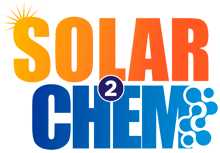
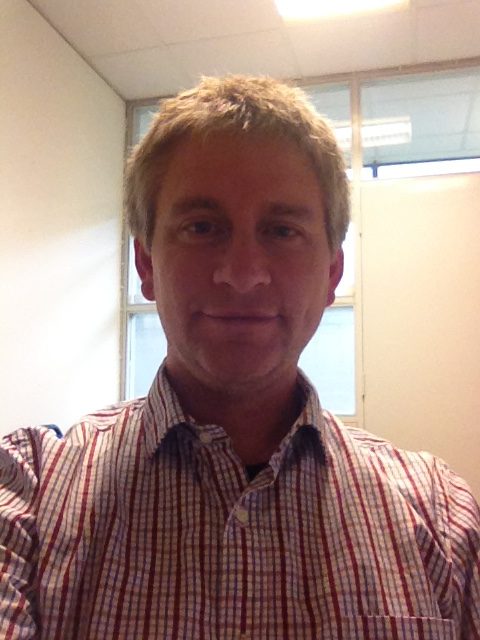
Dr Pau Farràs is the leader of the ChemLight group and coordinator of SOLAR2CHEM. He is a Lecturer in Inorganic Chemistry in the School of Chemistry at the National University of Ireland – Galway (NUIG). He received his BSc in Chemical Engineering from the Autonomous University of Barcelona (Spain) in 2003 and obtained the PhD in Chemistry from the Materials Science Institute of Barcelona in 2009, focusing on the preparation and application of metallacarborane derivatives to various fields such as radionuclide treatment, boron neutron capture therapy and in biomedicine. In 2009, he started a postdoctoral stay at the Institute of Chemical Research of Catalonia (Spain) where he worked in the preparation of photoelectrochemical devices for water splitting and the oxidation of organic substrates. In 2013, he received the prestigious Royal Society Newton International Fellowship and started his independent research at Newcastle University (UK) dealing with molecular photosensitisers for water oxidation.
Since 2015, he is a Lecturer in Inorganic Chemistry at NUI Galway and director of the ChemLight group. The group’s research focuses on the use of light to drive chemical reactions, imaging of biological processes and the production of renewable fuels and chemicals. He has published over 30 papers with >750 citations (h-index 15) and a book chapter on visible light-driven oxidation of organic substrates. He has supervised >15 undergraduate and 3 MSc students.
Google scholar
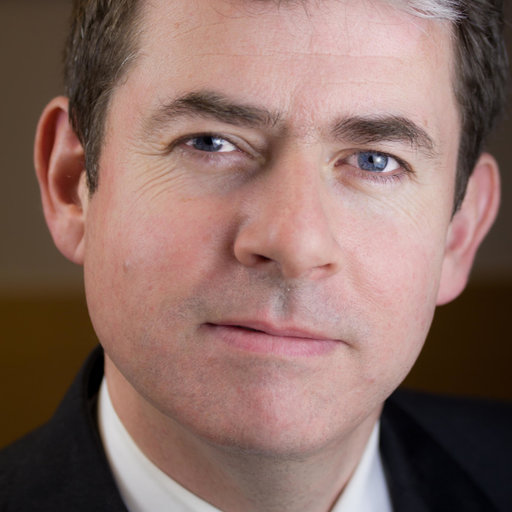
Dr. Brendan Flynn is a lecturer at the School of Political Science and Sociology, NUI, Galway. His current research interests include maritime security and defence and security studies more broadly. He has also researched and published extensively on environmental policy and was Principle Investigator on the EPA funded EPIIC (Environmental Policy Integration-Innovation and Change) project, 2016-2019 He teaches European politics and Ocean and Marine politics and has lectured at the Irish Defence Force’s Joint Senior Command and Staff Course. He was a co-editor of the 2018 Defence Forces Review. Recent publications include: Flynn, Brendan (2019) “From hand-me-down navies to niche players? Comparing the navies of (very) small European states”, pp. 51-70 in McCabe, Robert, Deborah Sanders and Ian Speller (eds.) Europe, Small Navies and Maritime Security Balancing Traditional Roles and Emergent Threats in the 21st Century. London: Routledge; Flynn, Brendan (2018) ‘Irish Environmental Policy After the Economic Crisis: More of the Same but with Less?’ In: The Impact of the Economic Crisis on European Environmental Policy. UK: Oxford University Press.
Google scholar

Huanyu Ding was born in 1993 in Anhui, China. As a child, he was filled with numerous questions about the world around him, such as why the sky is blue and why grass is green. Some of these questions had answers, but many remained unanswered. Before completing his bachelor’s degree at Anhui University, he followed a traditional educational path of passive absorption of information from textbooks. However, this approach didn’t satisfy his curiosity; instead, it led to more questions.
Determined to find answers, he changed his mindset and started associating truth with facts. This shift in perspective led him to engage in research experiments. During his joint master’s project between the University of Science and Technology of China (USTC) and the Shanghai Institute of Materia Medica (SIMM), he employed a novel approach involving crystal transformation. This approach significantly improved the production process of cyclodextrin metal-organic frameworks (CD-MOFs), resulting in a twentyfold increase in yield while reducing the usage of organic reagents to just one-tenth of the previous amount. These achievements were translated into an innovative patent and a paper titled “CD-MOFs Crystal Transformation from Dense to Highly Porous Form for Efficient Drug Loading,” which was published in “Crystal Growth & Design.”
After completing his master’s degree, he joined a pharmaceutical company, where he was responsible for the organic synthesis of medicines and process improvement. This period of his life did not diminish his determination. He firmly believes that young individuals with a strong research background have a responsibility to make the world a better place. Science, as an advanced productive force, is a reliable path to achieve this goal.
By chance, he had the opportunity to learn about the solar2chem projects. These projects aim to utilize solar energy for the selective catalysis of organic reactions, resulting in shorter synthetic pathways and reduced use of harmful chemicals, thus contributing to environmental protection. Moreover, converting solar energy into chemical energy for the production of organic compounds helps reduce reliance on fossil fuels and simultaneously lowers atmospheric carbon dioxide levels, aiding in addressing climate change.
Huanyu Ding is very grateful for the opportunity to join this inspiring community. He is currently responsible for project ESR17, titled “Design of Ruthenium Tetradentate Aminopyridine Light-Driven Catalyst for Selective Epoxidations.” In this project, he plans to use the rigid structure of the organic portion and the high reactivity of the metal core to achieve targeted epoxidation reactions of organic molecules. For him, learning cutting-edge technology and forming friendships and partnerships with top talents is an incredibly fortunate opportunity.
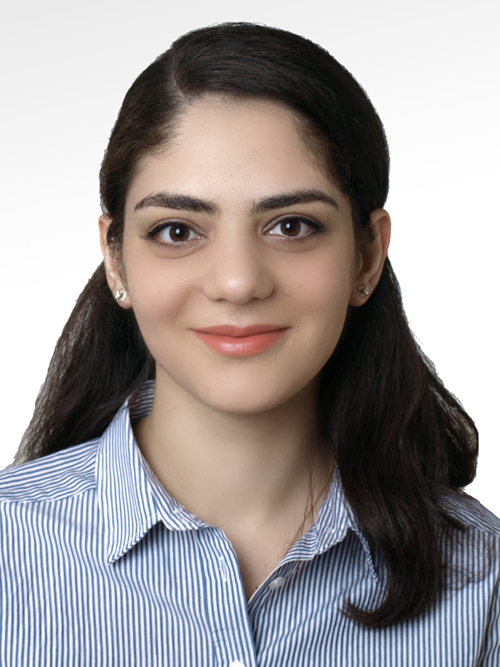
Maryam Toufani born 1994 in Mianeh, Iran. her academic journey began in 2012 when she choose the University of Tabriz, Iran to study material science and engineering. She has chosen material science since she knew that it plays a critical key role in the development and push of technology. Toward her senior years at the University of Tabriz, she started to feel that she consumed what she could possibly from there but realized that still, she has a devastating hunger for learning more. Therefore, she decided to pursue a graduate degree in Sabanci University (SU), and moved to Istanbul, Turkey to peruse her education as a master student.
Over there, she investigated the effects of ZnO nano particles and 3D-graphene foam as electrodes on supercapacitor devices as her master thesis. Now, she is Phd student in National university of Galway, Ireland.
She certainly believes that to be an international level researcher, one should change their research ecosystem. Alongside developing multiple perspectives toward their major, this will enable individuals to be able to communicate more effectively and swiftly improve their interpersonal and social skills, which renters to smooth growth of one’s network that she strongly supposes is of utmost essential of becoming a well-versed researcher. Solar2Chem gives her the opportunity to work with a wonderful team especially in a field of energy which is related to her interest and pervious background. Her project as ESR2 is about Producing nanomaterials and synthesizing ligands to increase activity and selectivity for water oxidation reaction. Finally, combining martials with graphene foams to prepare photoanodes.
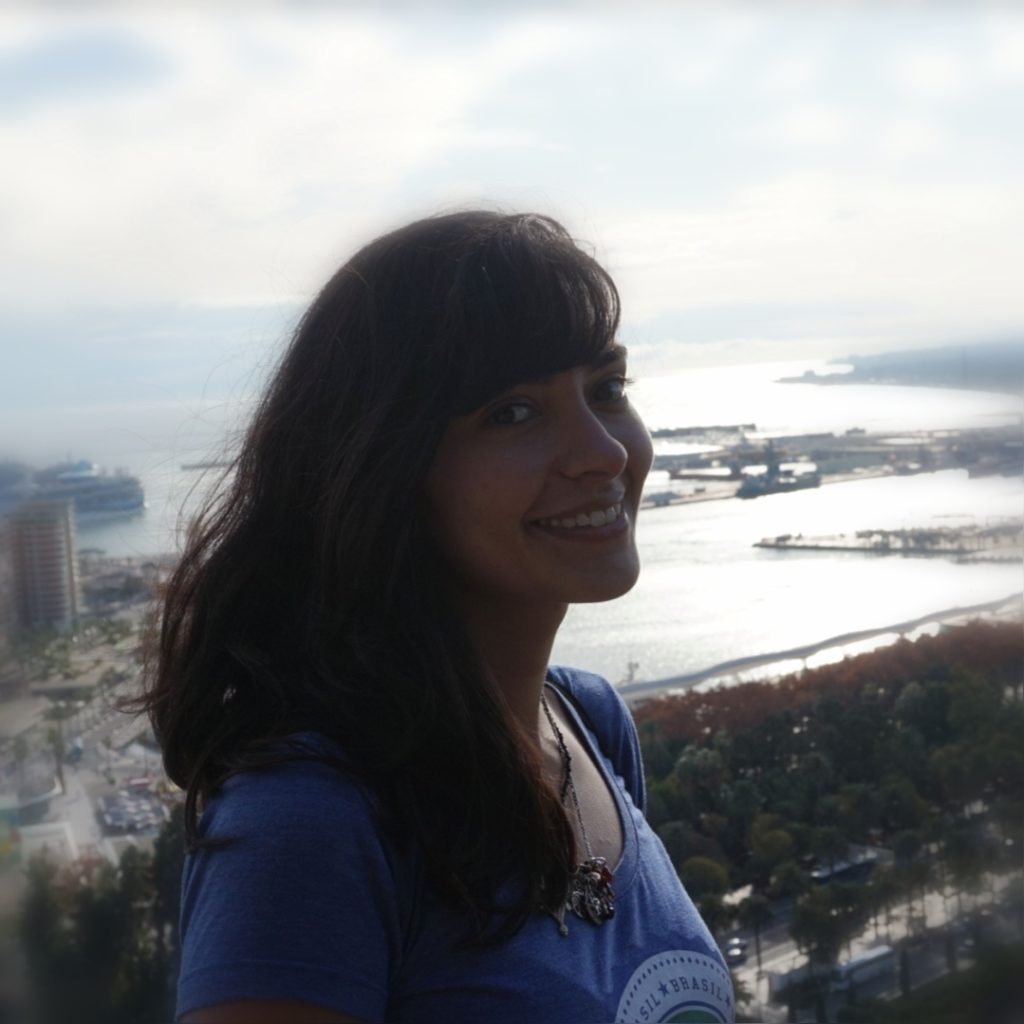
Júlia Terra M. Machado, 28 years old is a Brazilian born Environmental Manager with almost 10 years’ experience in multiple facets of environmental science, chemistry and management. For half of these years, she has been working with renewable energies (specifically Wind Energy) in 3 different research projects.
Change of scenery is not a problem for her. For the past 4 years she has lived in 5 countries (Brazil, Portugal, Italy, Spain and Ireland) due to academic and professional reasons. First an academic mobility programme during her bachelor and later on her Erasmus Mundus Master degrees. She also keeps her day busy with these international connections, such as her voluntary collaboration on a SEA EU related project – Lab COEDPA. The initiative is a social laboratory based in Cádiz (Spain) focused on disseminating science through social-environmental activities on Safe Tourism, climate-change related coastal risks, SDGs, and more.
She graduated from an Erasmus Mundus Master Degree in Water and Coastal Management after presenting her thesis about the Implications of Offshore Wind Energy Developments in Coastal and Maritime Tourism and Recreation. Now, she starts a new phase of her career. Her role as a Marie-S-Curie ESR14 in the Solar2Chem project, developing her PhD on Political Sciences to create a Multi-criteria comparison of national green hydrogen strategies and policies.
SOLAR2CHEM is training researchers to innovate and understand the European industrial landscape in the area of solar chemicals production and usage including its policy aspects and that is where Julia comes in. Her project will be part of the Working Package 4, Solar energy technology deployment. The main results from her project are expected to be a documental analysis of European measures and incentives for implementing a Solar Chemicals industry based on current green hydrogen policies, make contacts and structure ways to promote the use of the technologies studied in the project while producing a Solar Chemicals stakeholders’ list and the preparation of a Photoelectrochemical technologies Roadmap.
